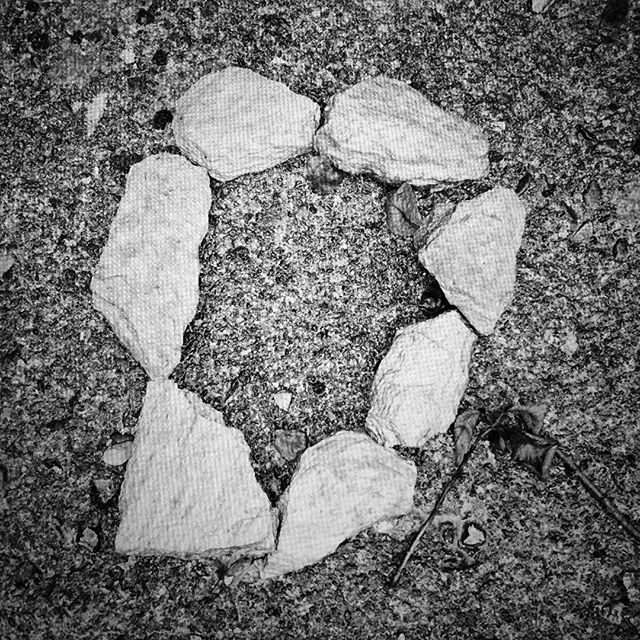Your story about forced witnessing of the dead seems biblical. Punishment for willed ignorance, is that what’s behind the photographic impulse to depict atrocity? What result should we expect – acknowledgment that not looking is a form of complicity, or a more fundamental transformation in which the future doesn’t reflect the past?
Whether the punishment is looking or for looking is all about context. I’m thinking of the parable of Lot’s wife. Edith’s crime is often thought to be sympathy for the ways of Sodom. But I’m drawn to another interpretation, that she witnessed the “brimstone and fire” of God’s attack, and for this is punished.
In this reading, even though the attack is just, or maybe because it is just, witnessing God’s might is itself a crime. Perhaps this is the root justification for our contemporary military censors and the debate over whether war is ethical. A just war must not be seen; an unjust war must be.
Should witnessing be reserved for gods alone? By analogy, our militaries claim moral authority to determine what is just. What matters, it seems to me, is that the contemporary state seeks to control the witnessing of violence – when, how and what we may see, even as the moral codes we use to judge what’s right keep shifting.
Which brings us to the spectacle of the public execution, in which witnessing is meant to educate and warn. Public witnessing of executions continues to be contested ground. Now some executions are by law shielded from public view, for instance in Oklahoma, even as moral consensus grows that they are unjust.
All this to me, is deeply strange, for I think of the witnessing of death less in moral than in corporeal terms – as a physical reaction in which we sense our own deaths. The gesture of your witnesses is precisely that: of mortification, the physical manifestation of shame. But also, a little death, in which the tissues are drained of blood, and we, like Edith, become pillars of salt.
